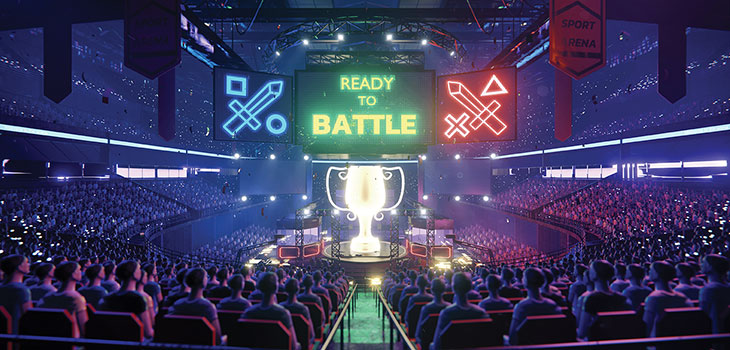
- What are e-sports?
- Opportunities and challenges for sports litigators.
- The future.
In September 2019, the Vancouver Titans faced off against the San Francisco Shock. 20,000 spectators had paid up to US$299 for a ticket and millions more watched online. The event was the Overwatch League Grand Final—a leading computer gaming tournament. This was one of a series of live professional video gaming events that are drawing in more viewers than many traditional sports.
As a fast-expanding industry generating worth over US$1.5bn a year, e-sports has begun to dominate the work of many commercial lawyers who also specialise in traditional sports. Litigation specialists are next in line.
The courts in England and Wales are yet to deal with substantive e-sports claims, but the fast-growing nature of the industry and the commercial naivety of many participants means that this will not be the case for long.
What are e-sports?
The most popular games played









